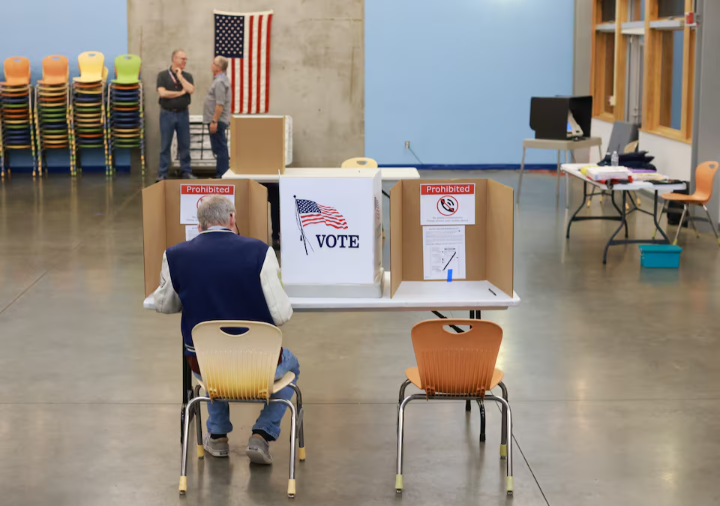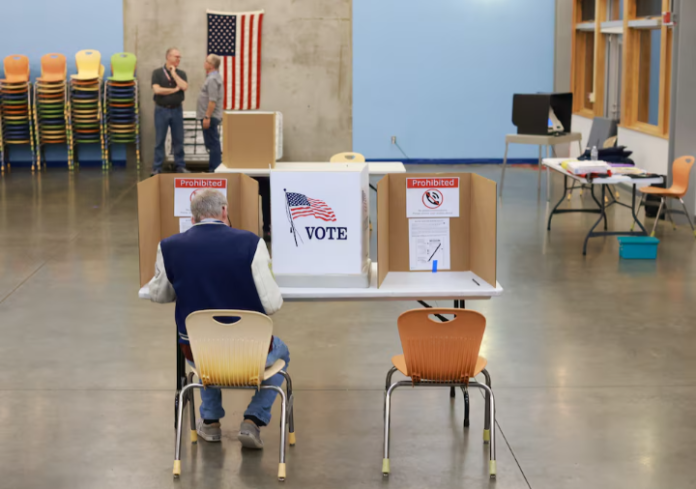A federal judge has blocked key parts of former President Donald Trump’s controversial executive order aimed at reshaping how federal elections are run across the United States. The ruling, handed down on Friday by U.S. District Judge Denise Casper in Boston, strikes a major blow to Trump’s latest effort to change voting procedures ahead of the 2025 elections.
The decision came in response to a lawsuit filed by 19 Democratic-led states. These states argued that Trump overstepped his authority by mandating changes to voting laws—specifically requiring proof of U.S. citizenship for voter registration and disallowing the counting of mail-in ballots received after Election Day.
Judge Casper agreed. In a preliminary injunction, she ruled that Trump’s order likely violates the U.S. Constitution, which gives no direct power to the president over election processes. “The Constitution does not grant the president any specific powers over elections,” she wrote in her decision.
Casper emphasized that federal law only requires voters to cast their ballots by Election Day—not that those ballots must be received by that day. That means 13 of the states involved in the lawsuit can legally count mail-in ballots postmarked by Election Day, even if they arrive later. The judge blocked the Department of Justice from penalizing any state that fails to comply with Trump’s executive order.
Another key part of Trump’s directive that was stopped involves the U.S. Election Assistance Commission. Trump wanted the agency to update federal voter registration forms to require documentary proof of citizenship. While it’s true that only U.S. citizens can vote in federal elections, the judge pointed out that only Congress—not the president—has the power to impose such a requirement.
The Trump administration argued in court that the executive order was lawful and necessary to protect election integrity. Trump claimed the changes were vital to “straighten out our elections,” repeating longstanding—but unproven—allegations of voter fraud and illegal voting by non-citizens. However, multiple studies and investigations have consistently shown that such incidents are extremely rare.

This is not the first legal roadblock for Trump’s executive order. A judge in Washington had already blocked portions of it in April, but Casper’s ruling goes even further by clearly declaring significant parts of the order likely unconstitutional.
The White House has not commented on the latest ruling, but legal experts suggest the decision could shape how voting rights and presidential powers are interpreted in future election disputes.
This ruling reinforces the separation of powers and reaffirms that changes to voting laws must go through Congress—not through unilateral executive orders. For now, it ensures that states retain control over their election procedures heading into the 2025 elections.



